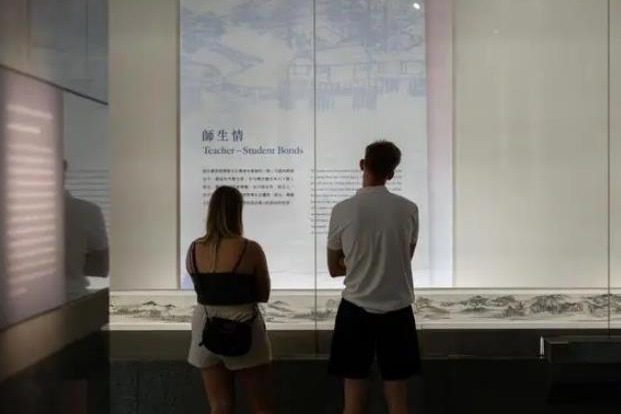Growth & Jobs | Jamaican athletes and creatives urged to leverage brand equity to create financial stability | News

BRANDO HAYDEN, Managing Director of JN Fund Managers, called on Jamaican athletes to harness the power of the Jamaica brand to create financial stability, while also urging Jamaica more broadly to better understand and realize the immense value of its brand on the world stage and within the global sports industry.
Hayden recently spoke as a panelist at the recent two-day Peak Performance Summit 2024 at the University of the West Indies (UWI) in Mona, which aimed to provide participants from across industries with the opportunity to enhance their own peak performance through best practices from industry experts in areas such as leadership, entrepreneurship, mindset, strategic influence and financial performance.
Speaking from a unique perspective as Managing Director of JN Fund Managers and former athlete agent at World Athletics, Hayden stressed that athletes need to make smart decisions to secure their financial future through financial literacy and access to wealth building solutions offered by JN Group. From a brand building perspective, he advocated for a better understanding of the role of price discovery mechanisms in negotiations that allow athletes to assess the value of their worth and work in order to reap the financial benefits for long-term financial success.
RELATIVE VALUE
“When I talk about pricing, we need to recognize our relative value not only in our space but globally through the Jamaica brand so that we can fully monetize it,” Hayden said during the panel discussion on “Optimizing Entrepreneurship and Financial Performance.”
He also stressed the importance of Jamaican athletes in building the country’s brand, as a variety of sporting events are now easily accessible through multiple media platforms worldwide. He argued that this measured exposure should serve as a benchmark in negotiating endorsement deals that athletes and governing bodies receive.
Given the opportunities international brands have seized to partner with Jamaica’s athletes, Hayden pointed out that some of these deals may not have fully realized the financial value for the governing bodies and athletes.
“That’s a bit of a bummer for me. But at the same time, we have to recognize that our association with many international brands outside of Jamaica has also contributed to the development of our brand. So it goes both ways, but like the international brands, we now have to start to appreciate more the value of what we bring to the table,” Hayden added.
He also addressed the broader issue that Jamaica needs to recognise and unlock the immense value of its culture as a whole, given how widespread it has become throughout the world.
“Who exactly is the custodian of our brand? People tend to say the government, but I don’t know if it’s just the government’s responsibility or if the government is necessarily capable of doing it. But I have to say that we need to capture a lot of the value that seems to be slipping away from us so that we can continue to build the brand and the economy in a sustainable way,” he explained.
INTELLECTUAL PROPERTY PROTECTION
Business and trade expert Tastey Blackman echoed Hayden’s sentiments, stressing that industry data is needed to measure and leverage Jamaica’s brand value. She stressed the shared responsibility of the private sector, individuals and government in this regard, calling for a greater focus on protecting intellectual property in the digital age, as well as international alliances and collaboration with countries experienced in brand management to help Jamaica realize its true brand potential.
Dr Andre Haughton, Senior Lecturer in Economics at the UWI, recommended an audit of all the elements that represent the Jamaica brand. He stressed the importance of identifying the different elements of the brand and their respective value to enable a rigorous and fair negotiation of compensation when these elements are used by others worldwide.
“Until we categorise the different aspects of the Jamaica brand and then detail what those aspects are, we will not be able to monetise and generate income from those different aspects as they present themselves to the global marketplace,” Dr Haughton explained.
The symposium highlighted the importance of understanding, managing, leveraging and capitalising on several key aspects of Jamaica’s brand value to ensure sustainable economic growth and equitable compensation.


